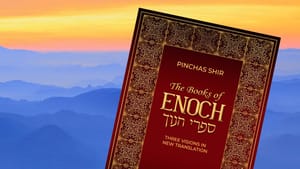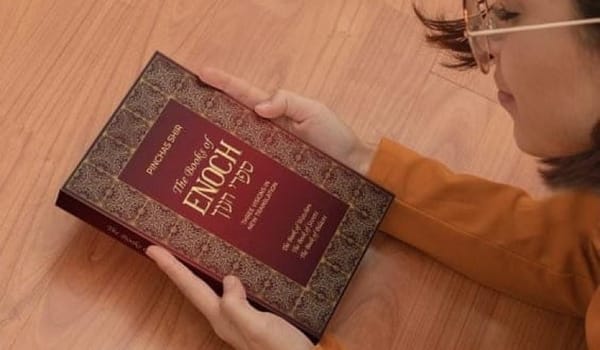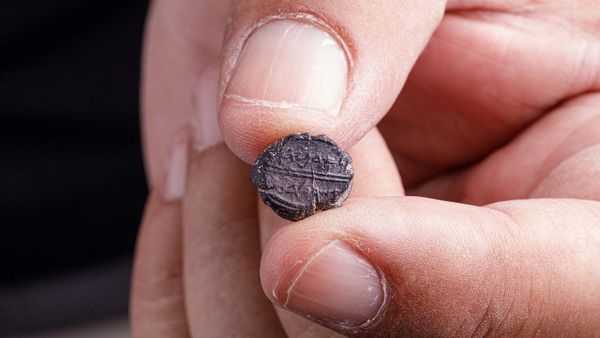Rabbi Levi Yitzchak of Berditchev used to teach his students an interesting spiritual lesson about Passover. This is how he explained the meaning of the Passover holiday (Pesach). “Pesach” literally means peh-sach, “the mouth פה (peh) talks שח (sach).” On Pesach we open our mouths and talk about the wonders and miracles of God. We remember the plagues of Egypt; we recount the stories of our delivery. Rabbi Levi Yitzchak of Berditchev further explained that Pesach represents the antithesis of פרעה (paroh) Pharaoh - פה רע peh-ra means a “bad mouth.” Pharaoh denied God’s providence in every aspect of human life. But our mouths were not given to us to slander or denigrate others, but to speak of God’s greatness and wonders.
So let this Passover celebration be filled with only speech that praised the God of Israel who, by his mighty hand and with miracles, broke the yoke of slavery. Yet as we recite the Maggid in our Haggadot this year, we realize some Jews are once again slaves, captives tortured and abused by an enemy. So this year, Passover takes on a new and deeply personal tone. What can we speak on this calamity? Rabbi Lau offered a prayer that should be inserted into our recitation of the Haggadah.
"A Passover Prayer for the Captives" by David Lau, Israel’s Chief Rabbi of Ashkenazi Jews
May it be the will of our Father in heaven, who brought His people Israel out from the suffering of Egypt that He bless and save our abducted brothers and sisters, bound with iron chains. May He strengthen their souls and faith, protect them from all harm and disease, have mercy on His sons and daughters awaiting His salvation, nullify all cruel decrees from upon them. In His great kindness, may He hasten their redemption, and may they quickly emerge from darkness to light, and from the pit of captivity to the freedom of the world, and return in peace to their families and to their homes. Please, plant brotherhood, peace, and friendship in the hearts of all, remove envy and baseless hatred, and spread over us the sukkah of Your peace, and may we merit to soon sing before You a ‘New Song.’











Member discussion